Boris Artzybasheff
Boris Artzybasheff (25 May 1899 – 16 July 1965) was an American illustrator active in the United States, notable for his strongly worked and often surreal designs. Artzybasheff was born in Kharkiv, son of the author Mikhail Artsybashev. He is said to have fought as a White Russian. During 1919 he arrived in New York City, where he worked in an engraving shop.
His earliest work appeared in 1922 as illustrations for Verotchka's Tales and The Undertaker's Garland. A number of other book illustrations followed during the 1920s. Dhan Gopal Mukerji's Gay-Neck, with his illustrations, was awarded the Newbery Medal in 1928. His book Seven Simeons was a Caldecott Honor Book in 1938. Over the course of his career, he illustrated some 50 books, several of which he wrote, most notably As I See.
During his lifetime, however, Artzybasheff was probably known best for his magazine art. He illustrated the major American magazines Life, Fortune, and Time (including more than 200 Time Magazine covers over a 24-year span between 1941 and 1965.[1]) During World War II, he also served an expert advisor to the U.S. Department of State, Psychological Warfare Branch.
After 1940, he devoted himself to commercial art, including advertisements for Xerox, Shell Oil, Pan Am, Casco Power Tools, Alcoa Steamship lines, Parke-Davis, Avco Manufacturing, Scotch Tape, Wickwire Spencer Steel Company, Vultee Aircraft, World Airways, and Parker Pens.
His graphic style is striking. In commercial work he explored grotesque experiments in anthropomorphism, where toiling machines displayed distinctly human attributes. Conversely, one of his works shows Buckminster Fuller's head in the form of Fuller's geodesic structure. In his personal work, he explored the depiction of vivid and extreme ranges of human psychology and emotion.
His papers are collected at Syracuse University.
REFERENCESS:
TIME Magazine covers by Boris Artzybasheff from 1941 to 1965 at time.com






